From Alexander the Great's inception to its modern form, the city has stayed a lighthouse of knowledge, variety, and beauty. Its ageless appeal stems from…
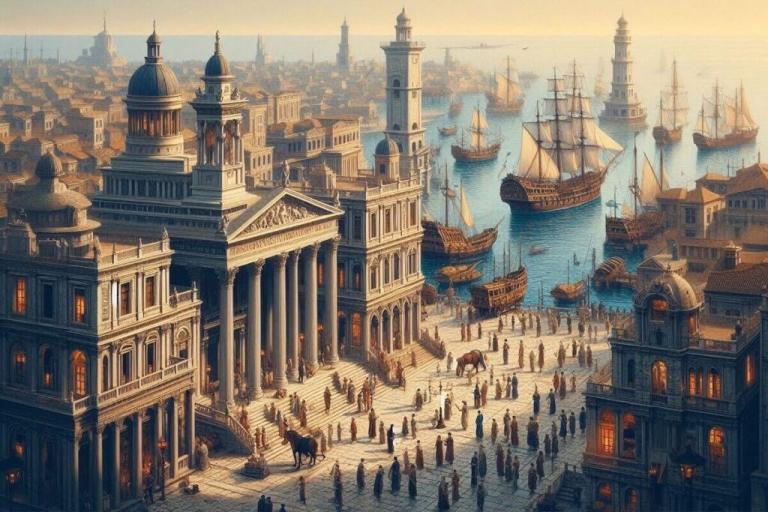
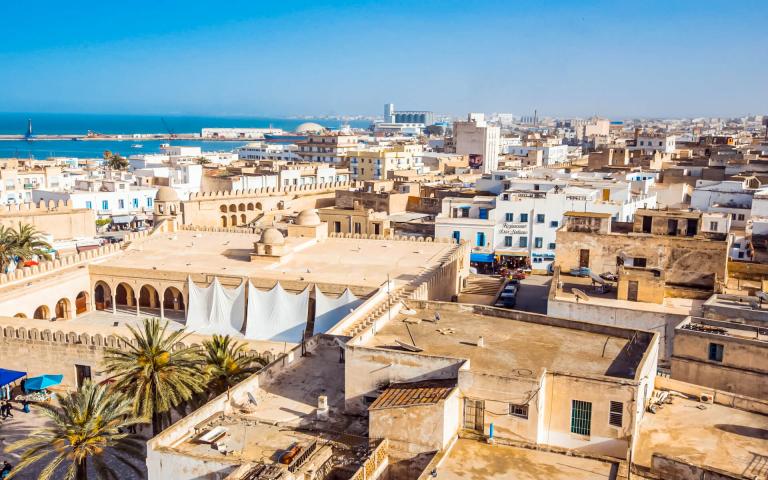
Sousse, also known as Soussa, is a vibrant coastal city in Tunisia and the capital of the Sousse Governorate. Sousse, located 140 kilometers south of Tunis, the national capital, had a population of 271,428 in 2014. This Mediterranean gem nestles along the Gulf of Hammamet, offering a perfect blend of historical richness and modern development.
The name of the city has changed in spelling and pronunciation several times over the years. French versions of the Arabic name Sūsa are Sousse and Soussa, but the city’s past stretches far further. The contemporary metropolitan area now comprises the ancient ruins of Hadrumetum, a settlement with many names in many languages throughout antiquity.
Strategically placed in the middle of Tunisia, Sousse is along the coast of the Tunisian Sahel. Comprising 45 square kilometers, the city rests 25 meters above sea level. Two wadis define the terrain: the Wadi Al-Kharrub to the north and northwest and the Wadi Bliban and its tributary to the southeast. Sousse‘s geology is mainly sedimentary; deeper alluvial deposits become more recent as one moves towards the coast.
Sousse boasts moderate winters and year-round sunlight. The city’s pleasant Mediterranean temperature, which averages 69 days of rainfall annually, helps to explain why it is a year-round destination. Its attractiveness for both locals and guests is further enhanced by the fact that there are few foggy days.
For Sousse, education defines her as a learning and cultural hub. Previously called the University of the Center, the city hosts the University of Sousse. Among several eminent faculties and institutes housed in this higher education institution are the 1999-opened Higher Institute of Music of Sousse, the Sousse National School of Engineers, and the Ibn El Jazzar Faculty of Medicine. These academic institutions greatly enhance the intellectual vitality of the city and attract students from all around the region.
Apart from the university, Sousse boasts a strong secondary educational system. Among the several high schools in the city are the venerable Pilot High School of Sousse, the Boys’ High School, and the Tahar-Sfar High School (formerly the Young Girls’ High School). Among other prominent establishments are the Jawhara High School, the Abdelaziz-El-Bahi High School, and the 20-March 1934 High School with its technical education concentration. To enhance the educational scene, the city also boasts several colleges including Constantine College, Mohamed El Aroui College, and Pilot College of Sousse.
Another important part of Sousse‘s infrastructure is healthcare; the Hospital of Sahloul is the biggest medical establishment in the area. This hospital is vital in offering the people of the city and those from the neighboring areas complete healthcare treatments.
Economically, Sousse is a varied and energetic city with a well-balanced mix of industry. Employing over half of the city’s workforce, the tertiary sector rules the local economy. This industry offers administration, education, healthcare, trade, communications, and banking among other services. The city’s vibrant service sector not only greatly boosts its economic life but also offers its citizens lots of employment possibilities.
Employing almost 45% of the Sousse workforce, the secondary sector closely trails the tertiary sector. This sector covers a broad spectrum of businesses including textile and leather manufacture, building, chemicals, electronics, mechanical and electrical component manufacture. The variety of these sectors lays a strong basis for next development and helps to contribute to economic stability.
Although the main sector employs a smaller share of the population, it still significantly influences Sousse‘s economy mostly by means of fishing activities. Long a significant fishing port, the city’s strategic position on the Mediterranean coast helps to support both home and export markets.
An integral component of the local economy, Sousse‘s port offers central Tunisia a necessary commercial outlet. Though less than Sfax’s port, it manages a sizable volume of trade, especially in the vicinity of Kairouan and Kasserine. This maritime infrastructure helps Sousse to remain a major economic center of the nation.
Third largest city in Tunisia overall, Sousse follows Tunis and Sfax in terms of economic situation. Although the city supports a range of businesses and has a long history of olive oil manufacture, tourism has become the main economic driver recently. The amazing olive grove covering more than 2,500 square kilometers in the surrounding area is evidence of the agricultural legacy of the area, which has given wealth since antiquity.
Sousse‘s prime coastal position, rich legacy, and contemporary conveniences have helped tourism there flourish. The city appeals as an all-year vacation spot with its hot semi-arid temperature and seaside location. Visitors are drawn to Sousse‘s fine sandy beaches in harmony with elegant orchards and olive groves. With 40,000 beds spread 20 kilometers north from the old city (medina) to Port El Kantaoui, the tourism infrastructure is rather developed.
Currency
Founded
Calling code
Population
Area
Official language
Elevation
Time zone
Officially the Republic of Tunisia, Tunisia is a model of history, culture, and scenic beauty at Africa's northernmost point. Located in the middle of the Maghreb region, this intriguing nation's…
Hammamet, a captivating coastal town nestled in the Nabeul Governorate of Tunisia. Derived from the Arabic word "Ḥammāmāt," meaning "Baths," the town's name suggests its long history of connection with…
Monastir, a fascinating coastal city, is evidence of the unique mix of history and modernism defining this North African nation. From the Greek word μοvαστήρíöv, which means "monastery," or "hermit's…
Tunis is the capital and largest city of Tunisia. Situated on the Mediterranean Sea, this city is the beating core of Tunisian life, deftly combining old customs with modern ambitions.…
From Alexander the Great's inception to its modern form, the city has stayed a lighthouse of knowledge, variety, and beauty. Its ageless appeal stems from…

Discover the vibrant nightlife scenes of Europe's most fascinating cities and travel to remember-able destinations! From the vibrant beauty of London to the thrilling energy…

The 7 Wonders of the 21st Century feature amazing successes redefining human creativity and engineering capability. From the calm Temple of Buddha's Origin in Leshan,…
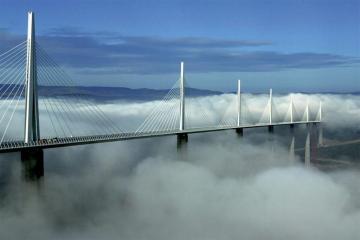
While many of Europe's magnificent cities remain eclipsed by their more well-known counterparts, it is a treasure store of enchanted towns. From the artistic appeal…
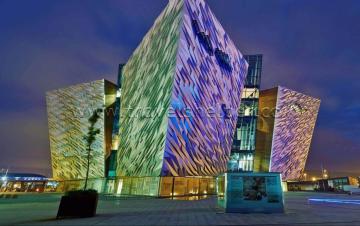
Boat travel—especially on a cruise—offers a distinctive and all-inclusive vacation. Still, there are benefits and drawbacks to take into account, much as with any kind…
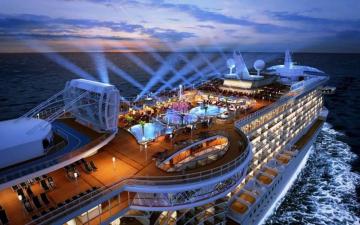
© All Rights Reserved. By Travel S Helper